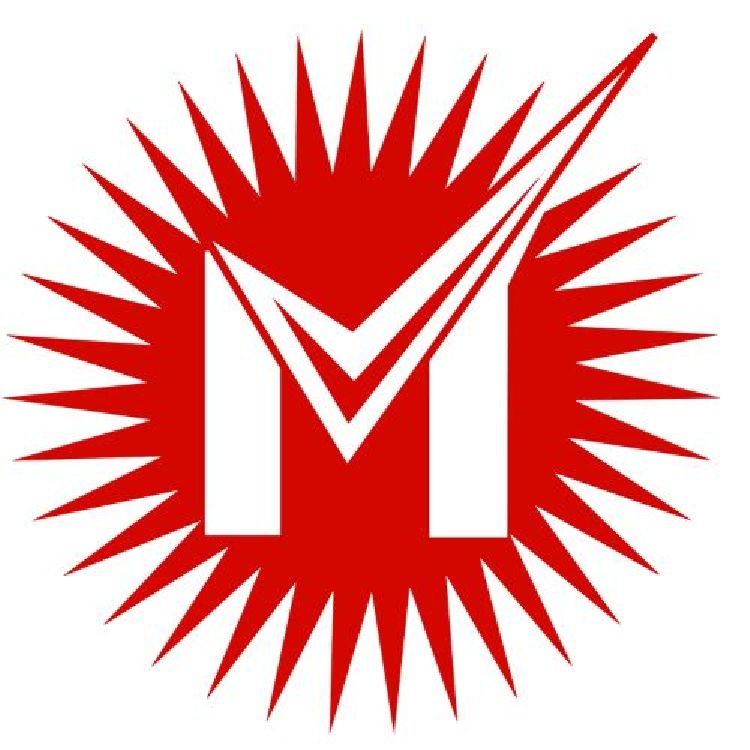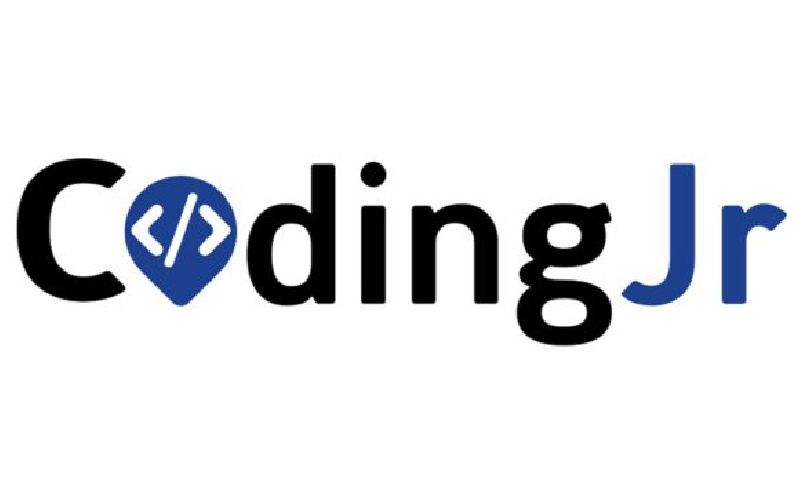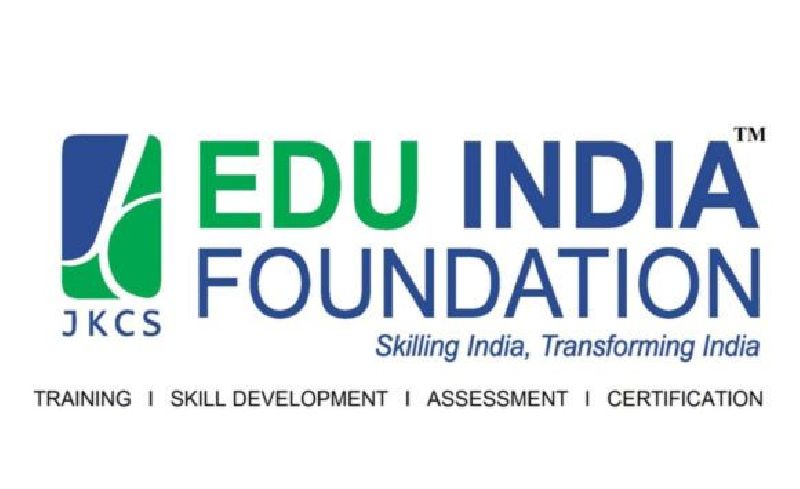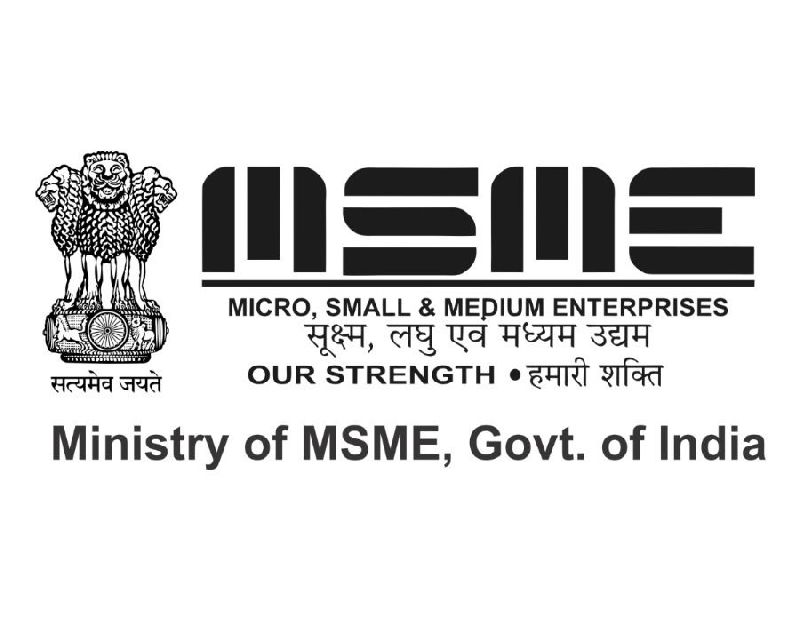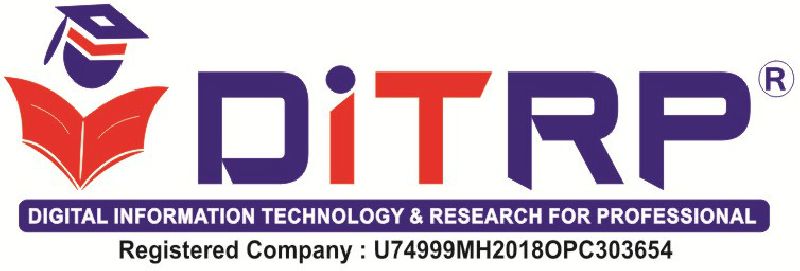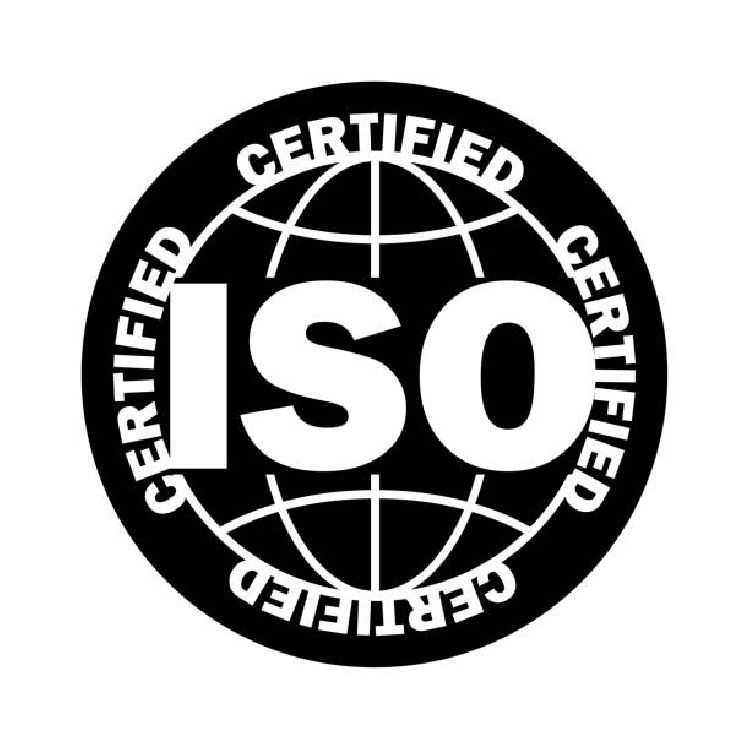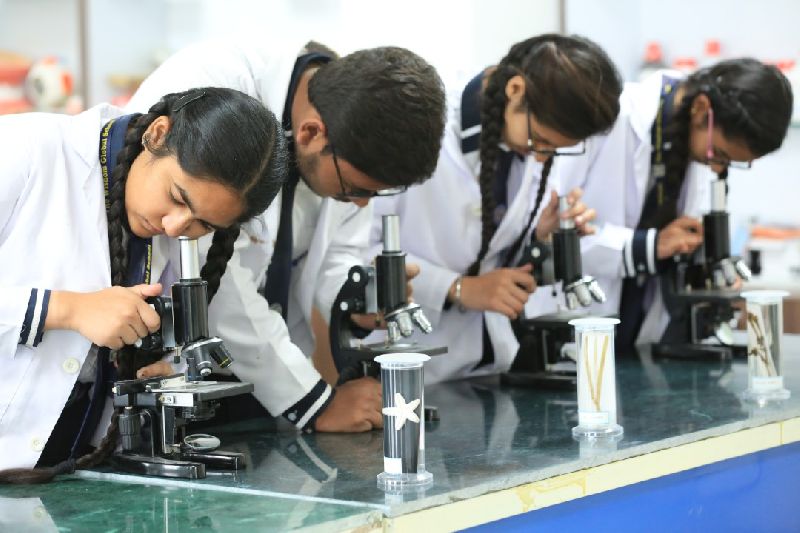
Course Syllabus for 12th Medical
The Class 12 curriculum for the medical stream under the Central Board of Secondary Education (CBSE) encompasses three core subjects: Physics, Chemistry, and Biology. A detailed overview of each subject's syllabus is as follows:
Physics
The Physics syllabus is structured into nine units, each delving into fundamental principles and applications:
Electrostatics: This unit explores electric charges, Coulomb's law, electric fields, and potentials, along with capacitors and their combinations.
Current Electricity: Focuses on the flow of electric charge in conductors, Ohm's law, resistivity, and the analysis of electrical circuits using Kirchhoff's laws.
Magnetic Effects of Current and Magnetism: Examines magnetic fields produced by currents, the motion of charged particles in magnetic fields, and the properties of bar magnets.
Electromagnetic Induction and Alternating Currents: Covers Faraday's laws of electromagnetic induction, inductance, alternating current circuits, and the functioning of transformers.
Electromagnetic Waves: Discusses the nature, properties, and spectrum of electromagnetic waves, emphasizing their propagation and applications.
Optics: Includes the study of light behavior through reflection, refraction, interference, diffraction, and polarization, along with optical instruments like microscopes and telescopes.
Dual Nature of Radiation and Matter: Introduces concepts such as the photoelectric effect, wave-particle duality, and the de Broglie hypothesis.
Atoms and Nuclei: Focuses on atomic models, spectral lines, nuclear structure, radioactivity, and nuclear reactions.
Electronic Devices: Covers semiconductors, diodes, transistors, and their applications in electronic circuits.
The practical component includes experiments like determining resistivity, verifying Ohm's law, studying the characteristics of diodes and transistors, and using multimeters for circuit analysis.
Chemistry
The Chemistry syllabus is divided into several units, each focusing on different aspects of chemical science:
Solid State: Discusses the classification of solids, crystal lattices, unit cells, and imperfections in solids.
Solutions: Explores types of solutions, methods of expressing concentration, Raoult's law, colligative properties, and abnormal molecular masses.
Electrochemistry: Covers redox reactions, electrochemical cells, standard electrode potentials, Nernst equation, conductance in electrolytic solutions, and electrolysis.
Chemical Kinetics: Focuses on reaction rates, factors affecting them, order and molecularity, rate laws, and theories of reaction rates.
Surface Chemistry: Examines adsorption, catalysis, colloids, and emulsions.
General Principles and Processes of Isolation of Elements: Discusses metallurgical processes and the extraction of metals.
p-Block Elements: Covers the properties, oxidation states, and trends of Group 15 to Group 18 elements.
d- and f-Block Elements: Focuses on the transition and inner transition elements, their properties, and uses.
Coordination Compounds: Explores nomenclature, bonding theories, isomerism, and applications of coordination compounds.
Haloalkanes and Haloarenes: Discusses nomenclature, preparation, properties, and reactions of haloalkanes and haloarenes.
Alcohols, Phenols, and Ethers: Covers the preparation, properties, and reactions of these functional groups.
Aldehydes, Ketones, and Carboxylic Acids: Focuses on the structure, nomenclature, preparation, properties, and reactions of these compounds.
Amines: Discusses classification, preparation, properties, and reactions of amines, including diazonium salts.
Biomolecules: Covers carbohydrates, proteins, nucleic acids, enzymes, vitamins, and hormones.
The practical component includes volumetric analysis, qualitative analysis of organic and inorganic compounds, and projects related to chemical processes.
Biology
The Biology syllabus is organized into five units, each encompassing various chapters:
Reproduction: Covers reproductive processes in flowering plants and humans, including reproductive health and associated technologies.
Genetics and Evolution: Explores principles of inheritance, molecular basis of inheritance, and theories of evolution.
Biology and Human Welfare: Discusses human health and diseases, strategies for enhancing food production, and the role of microbes in human welfare.
Biotechnology and Its Applications: Focuses on the principles and processes of biotechnology and its applications in various fields.
Ecology and Environment: Examines organisms and populations, ecosystem dynamics, biodiversity, environmental issues, and conservation strategies.
The practical component includes experiments such as studying pollen germination, analyzing plant and animal tissues, conducting ecological studies, and performing genetic experiments.
For a comprehensive and updated syllabus, students are advised to refer to the official CBSE curriculum for the academic year 2025-26, available on the CBSE Academics website.

Course Code : BCC
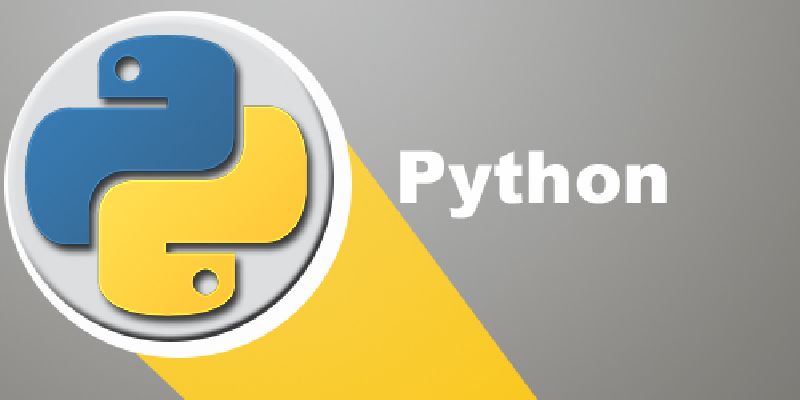
Course Code : PY01
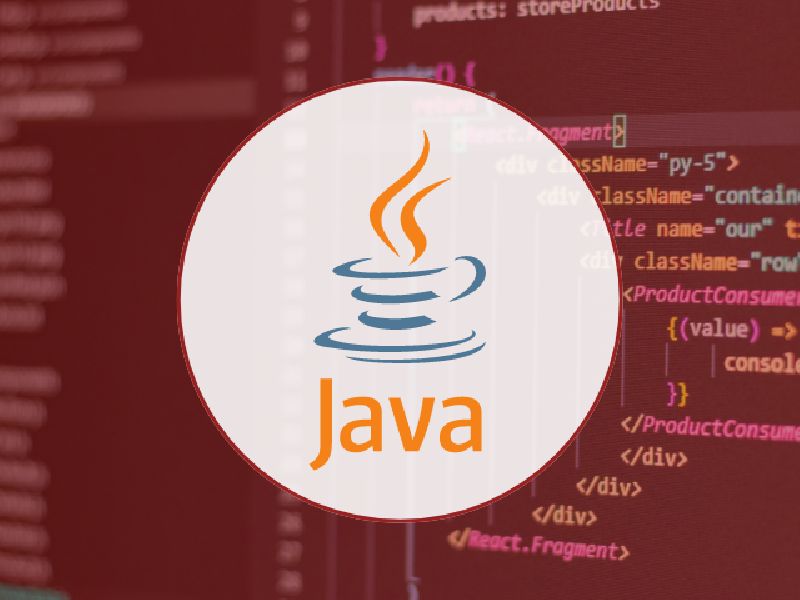
Course Code : JAVA01
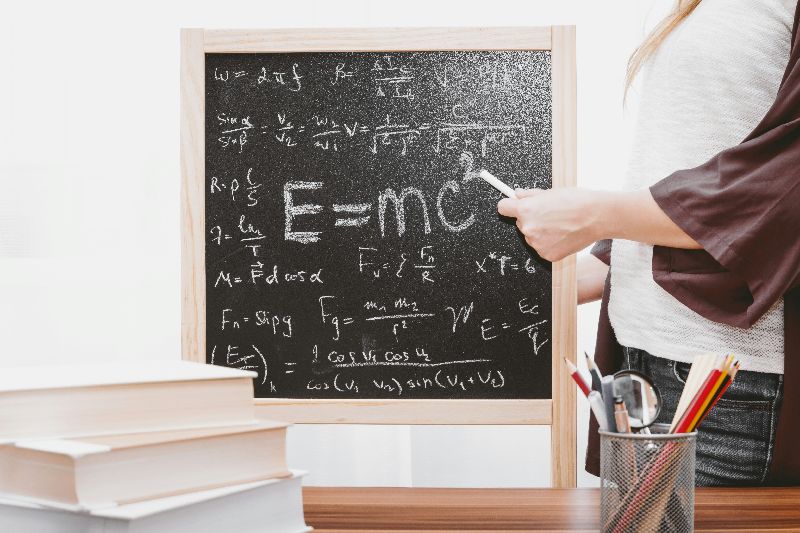
Course Code : NONMED12

Course Code : MED12

Course Code : COM12

Course Code : ICSE10
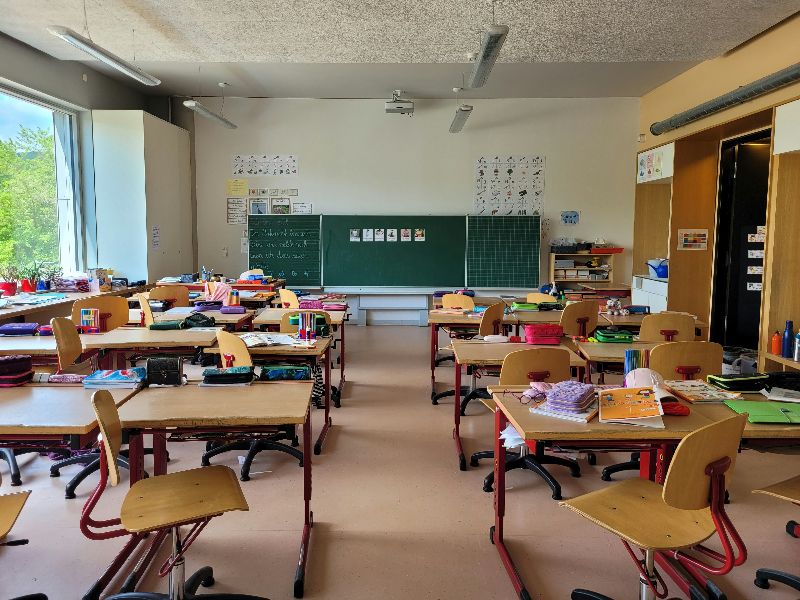
Course Code : PSEB10

Course Code : CBSE9

Course Code : ICSE9

Course Code : PSEB9

Course Code : NONMED11
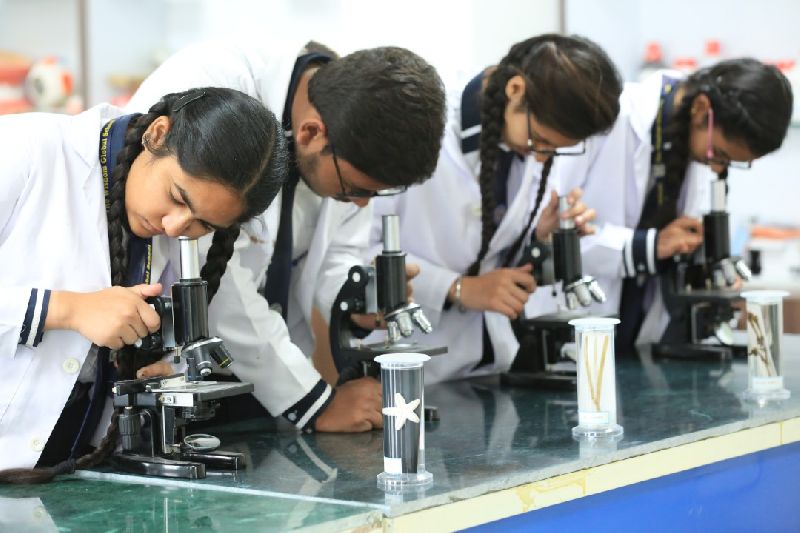
Course Code : MED11

Course Code : COM11
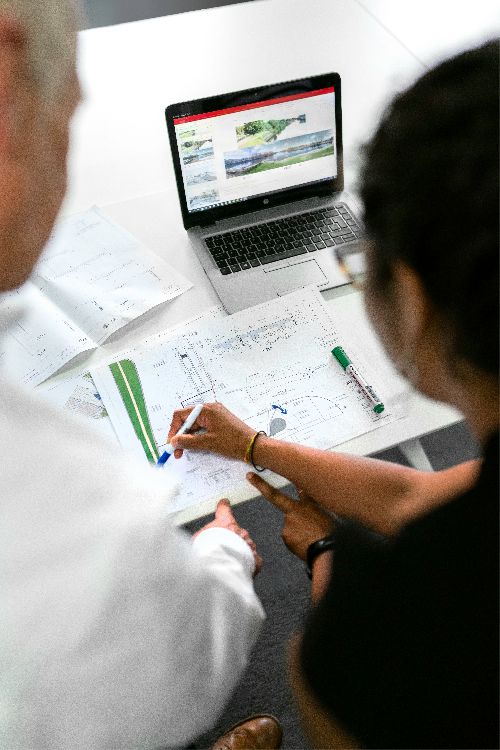
Course Code : IIT-JEE-CC
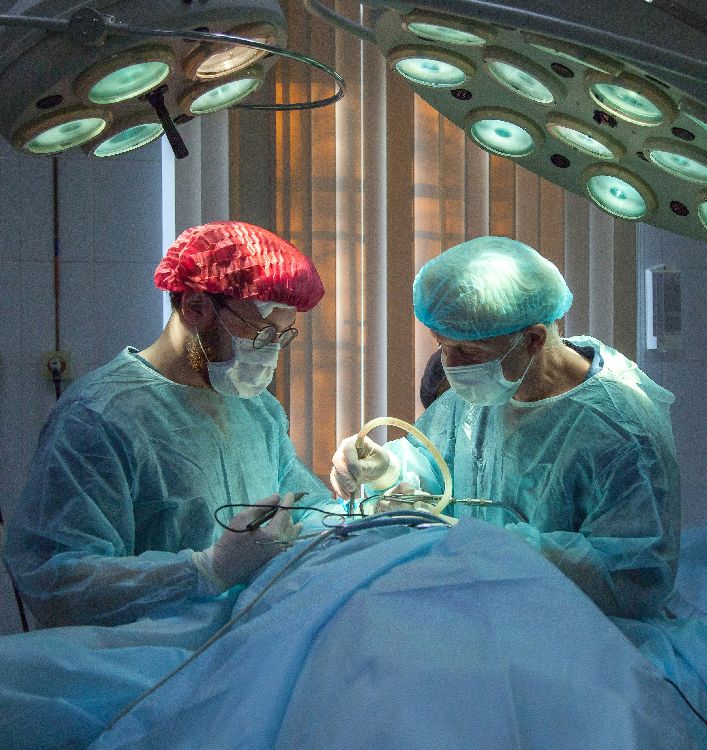
Course Code : NEET-CC
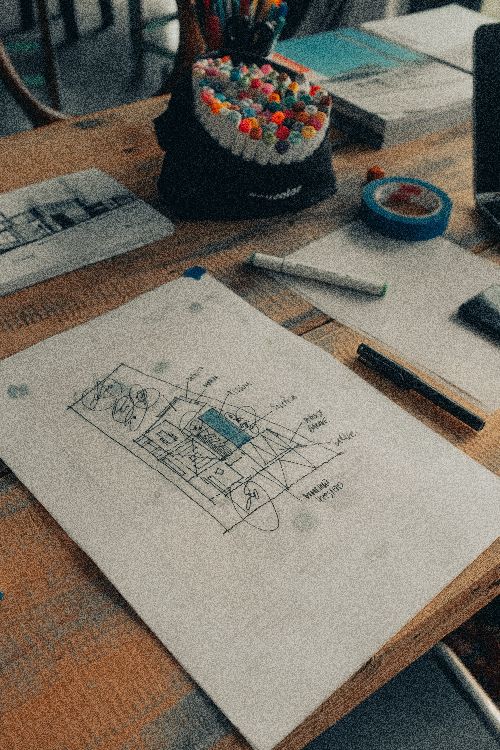
Course Code : NATA-CC
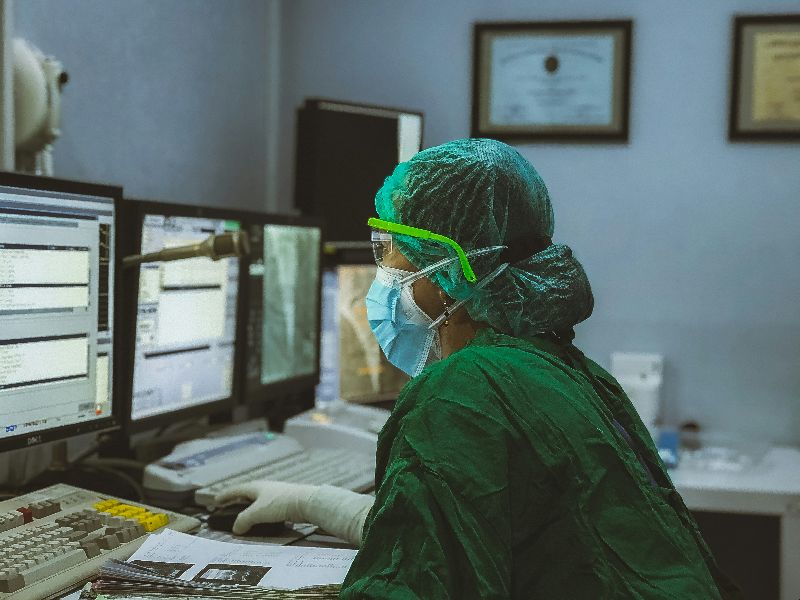
Course Code : PPMET-CC
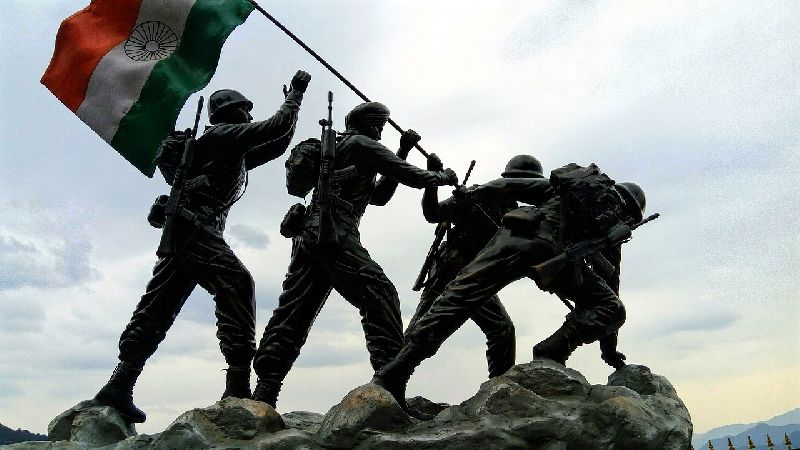
Course Code : NDA-CC
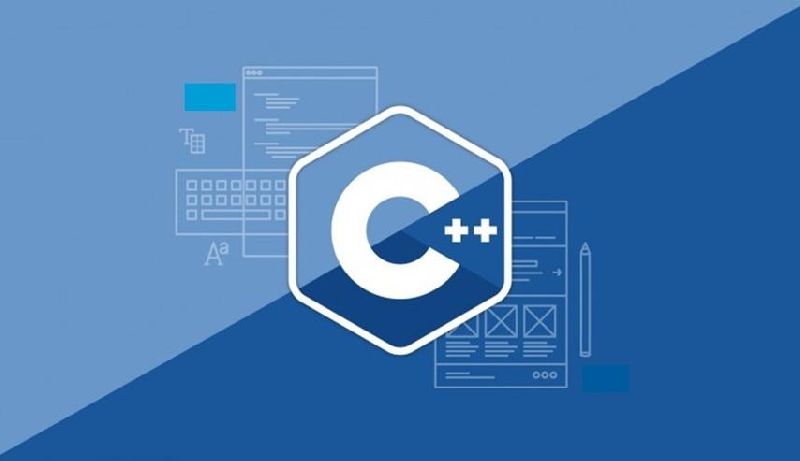
Course Code : CPP
Course Code : FTE
Course Code : SUPERMED11

Course Code : COM12

Course Code : NONMED12

Course Code : MED12

Course Code : ICSE10

Course Code : PSEB10

Course Code : CBSE9

Course Code : ICSE9

Course Code : PSEB9

Course Code : NONMED11

Course Code : MED11

Course Code : COM11
Course Code : SUPERMED11
Course Code : FTE

Course Code : NEET-CC
Course Code : CBSE10
Course Code : SUPERMED12
Course Code : SUPERMED12

Course Code : NONMED12

Course Code : MED12

Course Code : COM12

Course Code : ICSE10

Course Code : PSEB10

Course Code : CBSE9

Course Code : ICSE9

Course Code : PPMET-CC
Course Code : FTE

Course Code : MED11

Course Code : NEET-CC
Course Code : SUPERMED12
Course Code : CBSE10

Course Code : PSEB9

Course Code : NONMED11

Course Code : COM11
Course Code : SUPERMED11

Course Code : PPMET-CC

Course Code : IIT-JEE-CC

Course Code : NATA-CC

Course Code : NDA-CC
Course Code : CBSE10
Course Code : PHY11-12
Course Code : CHE11-12
Course Code : MAT11-12
Course Code : BIO11-12
Course Code : PHY11-12
Course Code : CHE11-12
Course Code : MAT11-12
Course Code : BIO11-12

Course Code : BCC
